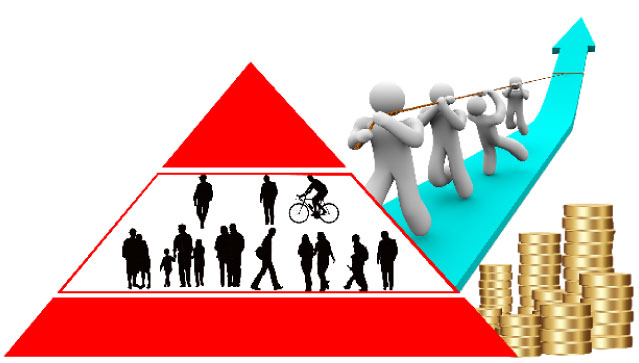Arab Middle Class: Measurement and role in driving change
The Arab middle class is an important social group that is relatively little understood despite the fundamental role it has played in shaping the economic and social development outcomes in the Arab region. On the basis of past development experiences, it appears that a new Arab development model can only succeed if the middle class plays a lead role in designing and implementing processes of economic transformation and political transition. Studying the middle class is therefore crucial to interpreting the past, understanding the present and reading the potential future development prospects of the Arab region.
This report examines factors that led to the Arab uprisings and the difficult transitions to democracy by marking elements influencing the role of the middle class. It introduces three novel approaches for sustaining, empowering and enlarging the Arab middle class: measuring it, taking into account the quantity and quality of its consumption expenditure; profiling it using variables such as education, employment and mobility, in addition to multidimensional poverty; and using these results to provide a narrative of the socioeconomic context of the decade leading up to the uprisings, from a middle class perspective. The report concludes that the empowerment of the Arab middle class could pave a way out of the current development and governance debacle towards an Arab developmental State.
